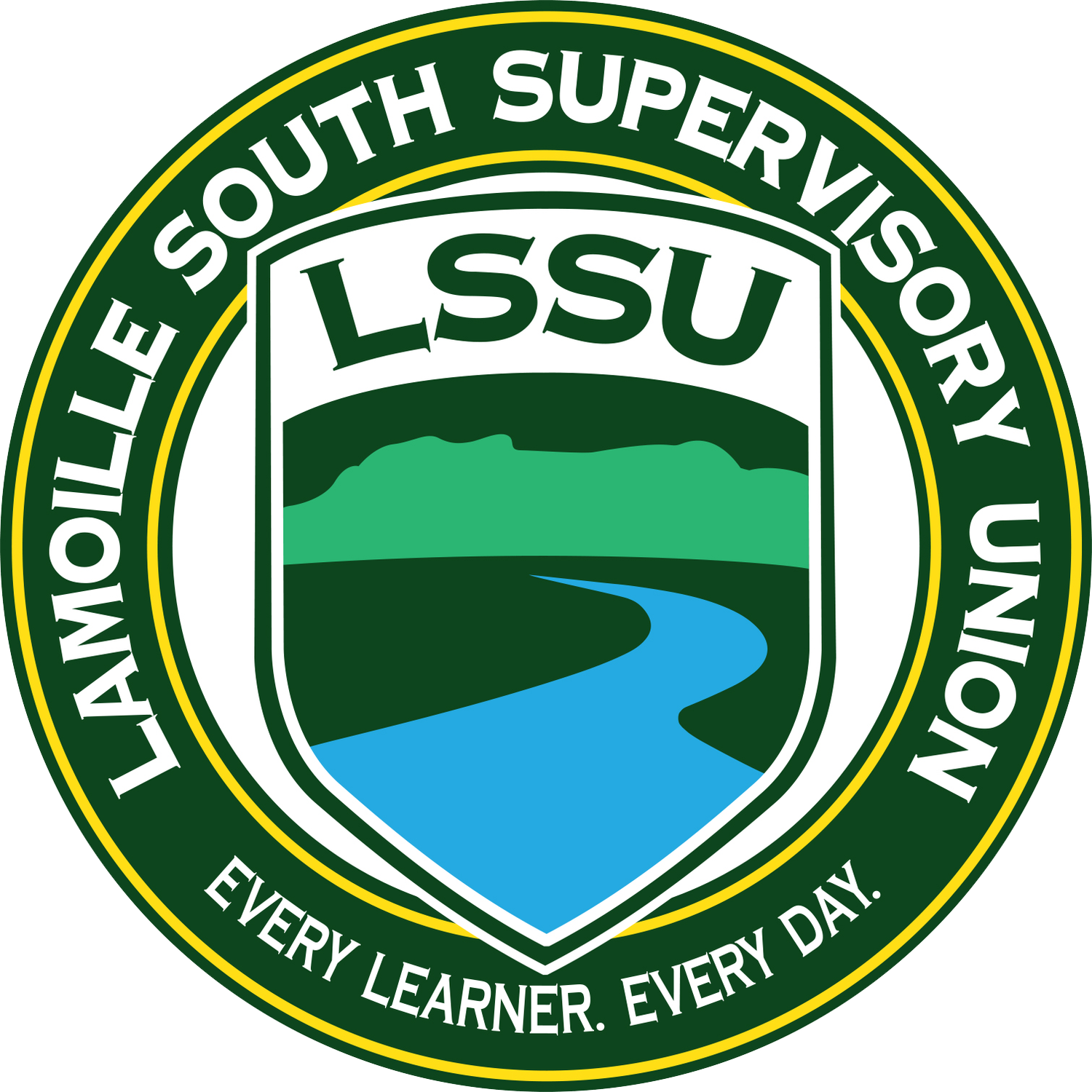Board Operating Protocols
For the purpose of enhancing teamwork among members of the board and between the board and the administration, LSSU board members publicly commit collectively and individually to the following operating protocols:
The board will represent the needs and interests of ALL the children in our district. The board will establish the vision, create policies, and assure accountability.
The board will lead by example. We agree to avoid words and actions that create a negative impression of an individual, the board, or the district. While we encourage debate and differing points of view, we will do it with care and respect.
Surprises to the board or the superintendent will be the exception, not the rule. We agree to ask the board chair or the superintendent to place an item on the agenda instead of bringing it up unexpectedly at the meeting.
Board requests of staff are to be directed to the superintendent.
All personnel complaints and criticisms received by the board or its individual members will be directed to the board chair, who will in turn share them with the superintendent.
The board will encourage others to follow the board policy on complaint procedures and present their concerns, problems, or proposals to the person who can properly and expeditiously address their issue.
To be efficient and effective, long board meetings must be avoided. If a board member needs more information, either the superintendent or the board chair is to be called before the meeting. Audience participation protocol will be consistently practiced.
The board will consider research, best practice, public input, and financial impacts in their decision making.
The superintendent is the chief executive officer and should recommend, propose, or suggest on items that go before the board. The superintendent will manage the schools.
The board will speak to the issues on the agenda, not engage in inappropriate debate. Facts and information needed from the administration will be referred to the superintendent.
Study sessions will be for in-depth discussion on one or two agreed-upon topics.
When executive sessions are held, board members will honor the confidentiality of the discussions.
The board commits itself to continuous improvement through a yearly board retreat.
The board and superintendent will facilitate goal setting for the school district and the superintendent.
The board will do their homework and improve their boardsmanship skills by attending board trainings and networking opportunities.
Individual board members do not have authority. Only the board as a whole has authority. We agree that an individual board member will not take unilateral action. The board chair or designee will be the board spokesperson.
When board members serve on various committees or attend committee meetings their role shall be as liaison to the board, and when addressing the committee shall be as an individual.
Procedures for submitting a notice of an open meeting law violation:
If you feel the board has violated open meeting law, please provide the school board with a written notice that alleges a specific violation and requests a specific cure of the violation. Upon receiving the notice, the school board has 10 calendar days to respond publicly by either acknowledging the violation and stating an intent to cure it within 14 calendar days or denying that any violation occurred and thus no cure is necessary.
If the school board does not respond within 10 calendar days, it is considered a denial of the violation for purposes of enforcement.
If the school board acknowledges the violation, they must correct it within 14 calendar days in an open meeting by either ratifying, or declaring as void, any action taken at or resulting from: a meeting that was not noticed in accordance with subsection 312(c) of the open meeting law; or a meeting that a person or the public was wrongfully excluded from attending; or an executive session or portion thereof not authorized under subdivisions 313(a)(1)-(10) of this title; and adopting specific measures that actually prevent future violations.
After either acknowledging or denying a violation, or after the 14-day cure period has passed for acknowledged violations, the Attorney General or anyone affected by the violation can file a lawsuit in the Civil Division of the Superior Court. This lawsuit can seek injunctions or declaratory judgments. Such lawsuits must be filed within one year of the meeting where the violation occurred.
Please read the full text of 16 V.S.A §314 Penalty and Enforcement.
